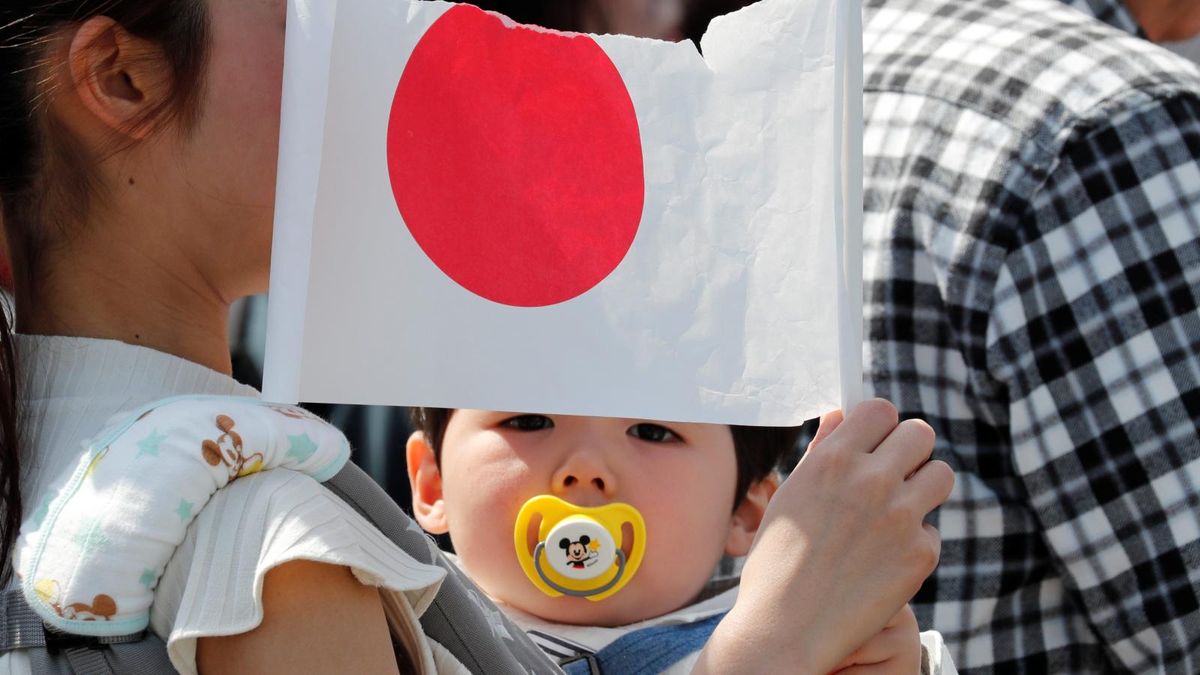Japan’s 2019 birth rate decline – lowest on record

A few minutes every morning is all you need.
Stay up to date on the world's Headlines and Human Stories. It's fun, it's factual, it's fluff-free.
The number of newborns in Japan is expected to be at its lowest level in 120 years, according to an announcement by Japan’s health ministry on December 24. Approximately 864,000 babies are estimated to have been born in Japan in 2019 – the first time the figure fell to below 900,000 since the country began keeping records in 1899.
The 5.9% decrease from around 918,400 births last year came faster than the government’s prediction of the rapid decline. There were 512,000 more deaths as compared to births this year – the first time the figure exceeded the 500,000 mark. This year is the 13th consecutive year of falling birth rates since 2007.
Decrease explained
The country’s shrinking population is attributed to several factors, including fewer opportunities for young men – indicating economic insecurity which leads to people marrying later in life or not getting married at all.
Furthermore, an aging population is due to increasing life expectancy, with the average life expectancy in Japan recorded at 84.2 years. According to figures released by the World Health Organization (WHO) in 2018, men live an average of 81.1 years and women reach an average of 87.1 years in Japan.
What the falling birth rate means for Japan
The decreasing number of births will put a strain on welfare finances that support the costs of an aging population, affecting the overall economic growth. Japan is the third-largest economy in the world by nominal gross domestic product (GDP). Analysts estimate that one in every three people in Japan will be 65 or older, and one in five will reach 75-plus years by 2030.
Japanese Prime Minister Shinzo Abe has vowed to take the necessary steps to tackle the “national crisis” by supporting new initiatives to help young couples in raising children, such as making preschool education free of charge. Abe’s administration has set several goals with regard to raising the total fertility rate to 1.8% by 2025.
Other industrialized countries with declining birth rates typically counter the crisis by allowing for increased immigration. However, Japan does not practice the same countermeasures. Japan granted refugee status to only 42 individuals in 2018 – out of 10,000 who applied – which means that 99% of the applications were rejected. The Asian nation is hesitant about accepting immigrants due to its inability to allow income and social benefits redistribution, taking these benefits away from the existing Japanese population.
Have a tip or story? Get in touch with our reporters at tips@themilsource.com




Comments ()